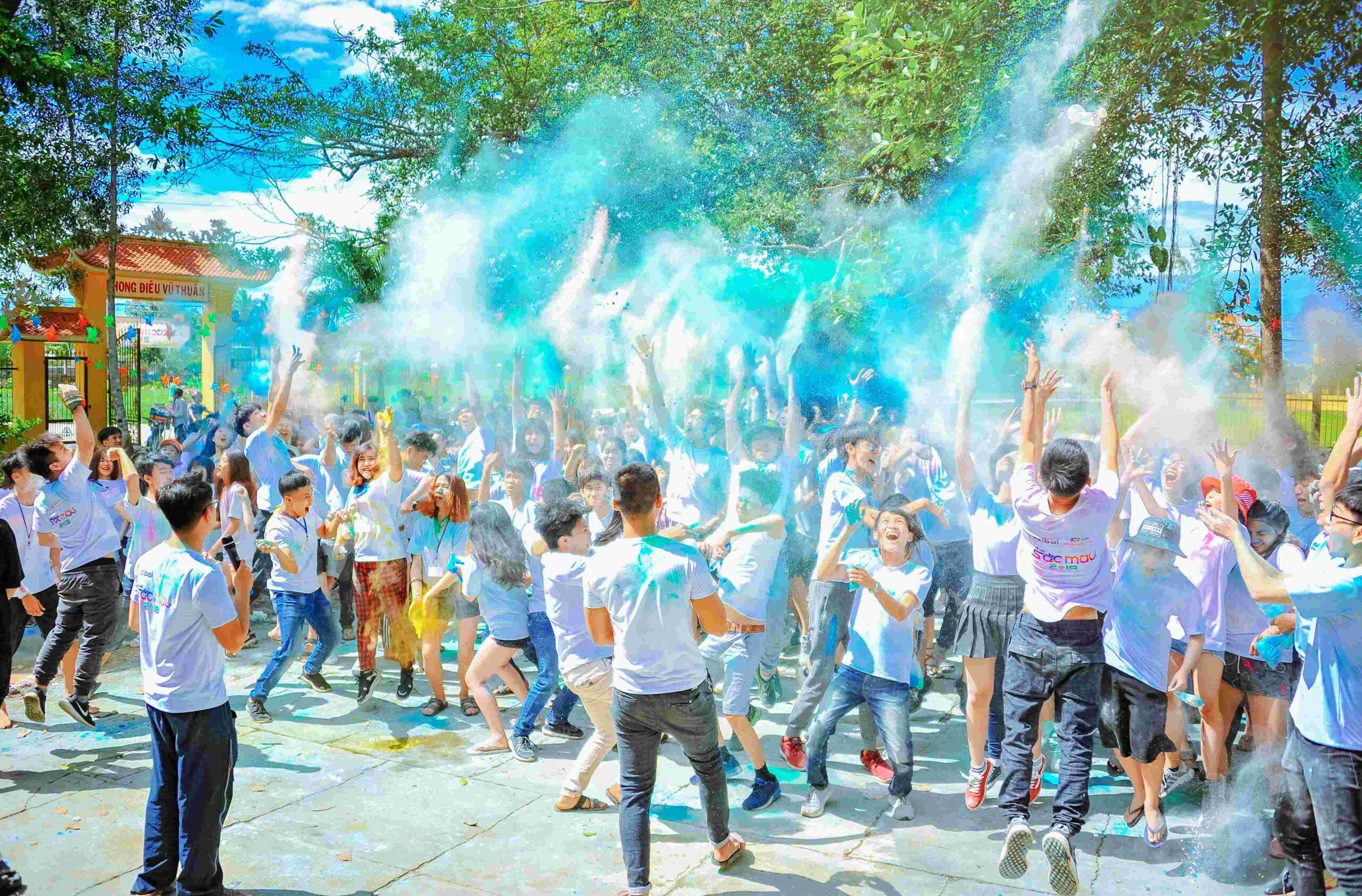
How Festivals and Celebrations Shape National Identity
Article Level: Proficient Level of English
Explanation: This article explores how festivals and celebrations shape national identity by preserving history, promoting unity, and reflecting cultural values. It highlights their educational role, their integration in multicultural societies, and their global impact through digital media.
Commonly Used Words from the Article
-
Commemorate /kəˈmɛməreɪt/ (verb): To honour or remember officially.
The nation commemorates the end of the war every November. -
Resilience /rɪˈzɪliəns/ (noun): The ability to recover from difficulties.
Celebrations often reflect the resilience of communities.
-
Multicultural /ˌmʌltiˈkʌltʃərəl/ (adjective): Involving or representing several cultural groups.
The UK’s multicultural society celebrates a variety of festivals.
-
Heritage /ˈhɛrɪtɪdʒ/ (noun): Traditions and cultural elements passed through generations.
Festivals are key in preserving cultural heritage.
-
Pageantry /ˈpædʒəntri/ (noun): Elaborate ceremony or display.
Trooping the Colour is rich in pageantry and tradition.
Audio File of the Article
Read more: How Festivals and Celebrations Shape National Identity

How Festivals and Celebrations Shape National Identity
Festivals and celebrations serve as powerful reflections of a nation’s culture, history, and collective memory. Whether steeped in religious tradition, seasonal change, or historical commemoration, these events offer citizens a shared experience that nurtures a sense of belonging and pride. Across the globe, national identity is often strengthened by the rituals, stories, and symbols that festivals encapsulate.
In the United Kingdom, for instance, Bonfire Night on 5th November commemorates the failed Gunpowder Plot of 1605. Though the event originated from a politically charged moment in history, it has evolved into a celebration of unity and resilience. Similarly, events like the Queen’s (now King’s) Birthday Parade, also known as Trooping the Colour, reinforce national traditions through public ceremony, pageantry, and military precision.
National identity is not only tied to historical remembrance but also to the values and ideals a society holds dear. For example, Diwali and Eid, while not originally British festivals, are celebrated widely in multicultural areas of the UK. Their integration into the national calendar highlights the inclusive nature of modern British identity and the blending of cultural narratives.
Festivals often promote unity by encouraging people from different backgrounds to participate in collective joy. Public holidays provide a break from the routine, allowing communities to come together, reinforcing social bonds and mutual understanding. Through food, music, dress, and rituals, individuals express both their personal and national identity.
Moreover, celebrations are powerful tools for education. They teach younger generations about their heritage and historical struggles, embedding pride and awareness from an early age. Whether through storytelling, reenactments, or traditional songs, the past is kept alive and relevant, helping to shape how people see themselves in the world.
In the digital age, festivals have also become a means of cultural export. Images of Holi in India, Carnival in Brazil, or Notting Hill Carnival in London spread globally through social media. These representations contribute to a nation’s global image, enhancing soft power and promoting tourism.
Ultimately, festivals and celebrations are far more than just moments of merriment—they are threads in the fabric of national identity. They offer continuity, foster community, and reflect the ever-evolving story of a nation and its people.

Grammar Notes
Grammar Structures Used:
-
Relative clauses: “which,” “that,” and “who” were used to add detail (e.g., “festivals that encapsulate…”).
-
Passive voice: “are celebrated,” “is shaped” – to focus on the action rather than the doer.
-
Complex sentences: Often used to link multiple ideas and show relationships between concepts.
Mini-Lesson:
Passive Voice – In English, we use the passive voice to emphasise the action rather than the subject.
Example: Festivals are celebrated across the country.
This structure is useful when the subject is unknown or unimportant. Use be + past participle to form the passive.

Five Questions Based on the Article
-
In what ways do festivals contribute to a sense of national identity?
-
How does the UK’s celebration of Bonfire Night illustrate the evolution of tradition?
-
Why are multicultural festivals significant to modern British identity?
-
What role do festivals play in educating younger generations?
-
How do festivals serve as tools for cultural diplomacy in the digital age?

We’d love to hear your thoughts! Join the conversation by leaving a comment below. Sharing your insights, questions, or experiences can help you connect with others in our English learning community. It’s a great way to practice your English skills, engage with like-minded individuals, and improve together. Don’t be shy—jump in and let’s keep the discussion going!

 EnglishMasteryHub
EnglishMasteryHub